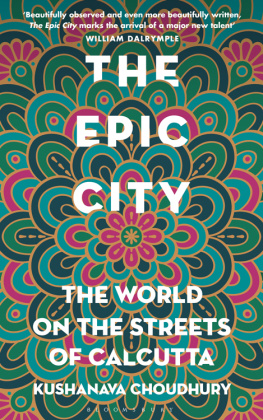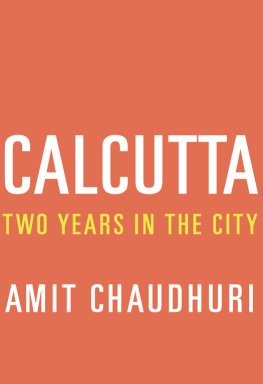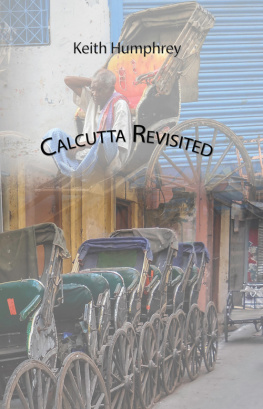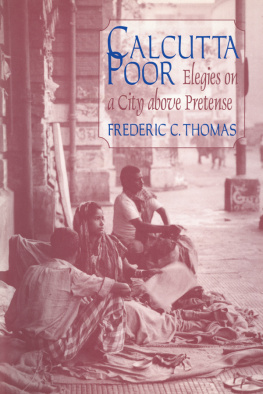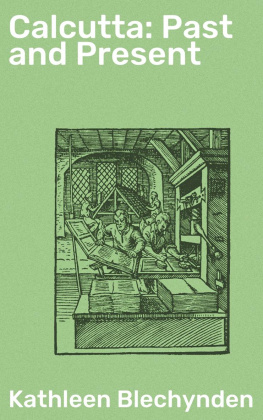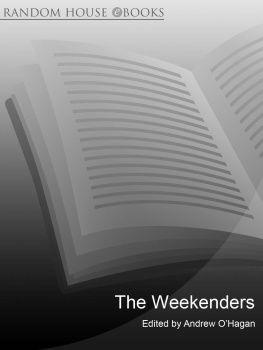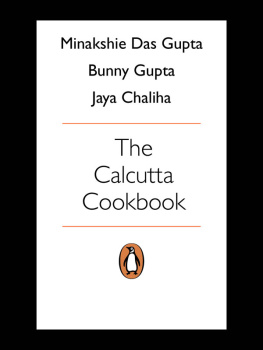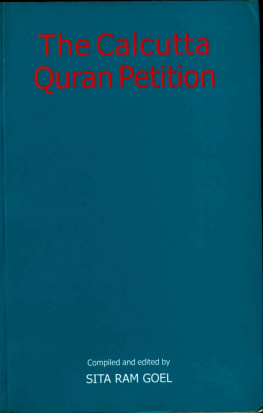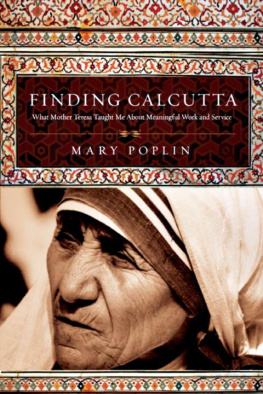
The Epic City
To my friend, Sumitro Basak (19752017)

He llegado a la conclusin de que aqul que no encuentra todo el universo encerrado en las calles de su ciudad, no encontrar una calle original en ninguna de las ciudades del mundo. Y no las encontrar, porque el ciego en Buenos Aires es ciego en Madrid o Calcuta ...
Roberto Arlt, El Placer de Vagabundear
I have come to the conclusion that he who does not encounter the whole universe in the streets of his city will not encounter an original street in any of the cities of the whole world. He wont encounter them because those who are blind in Buenos Aires are blind in Madrid, or in Calcutta...
Roberto Arlt, The Pleasure of Vagabonding
Of all the people who came to Ellis Island in the first decades of the twentieth century, more than half went back. They never told us that on our seventh-grade class trip.
The American immigrant myth says that migration is a reset button. The New World offers deliverance from the past, liberation from the Old Worlds limited horizons. The myth states: The past is gone. The future awaits. Start over.
It never really works like that. That was the story no one ever told about America. The past is never left behind. It haunts every world you live in. Sometimes it drags you back.
By the time I visited Ellis Island on that class trip, I had already migrated halfway around the world four times, flipping back and forth between continents like a dual-voltage appliance. My parents were Indian scientists, torn between nation and vocation. Twice they moved to America, twice they moved back. They were unwilling to leave their country and they were unable to stay. When he was around forty, my father quit his cushy job at a government research institute in Calcutta. He wanted one more chance, he said to his boss, while his blood was still warm.
How many more times will you move that boy? his boss asked.
He said this was the last time.
So, when I was almost twelve, my parents and I moved to Highland Park, New Jersey.
Our move carried no Emma Lazarus cadences. We certainly had not arrived tempest-tossed, beating at the golden door. Our coming was equivocal, always tied to return. Living in New Jersey, we hardly saw ourselves as immigrants. My parents expected to go back to India, like many of their Bengali friends, someday, eventually. On Saturday nights, they gathered at each others homes, ate fourteen-course meals brimming with various types of fish and meat, and derailed each others sentences in locomotive Bengali, their conversations full of memories of Calcutta. Return, the duty of return and the dream of return, were spoken of endlessly while eating platefuls of goat curry and hilsa fish. Few, of course, actually went back. There were too many good reasons not to. Nationalism and nostalgia did not pay the bills, raise children or advance careers. And yet that dream of a return to the great metropolis cocooned them like a protective blanket from the alien world all around.
As for me my friends, my neighbourhood, my Calcutta life was gone. In New Jersey, I was in seventh grade in a public school that had almost no Indian students. Cocooning was not an option. I had to fit in fast. I wasnt assimilating as much as passing. So much of what went on inside my head was from another place. I had happy childhood memories of mid-morning cricket matches during summer vacations, of games played in gullies, rooftops, courtyards and streets. When I moved, it was the streets of the city as much as my childhood that I left behind.
We had not had an easy few years in America. The man who had offered the job to my father had made promises he did not keep, and so my father was forced to find other work, work he grew to despise. From time to time, there would be talk of another move, to Georgia, to Colorado, and I would pull down the posters in my room and prepare. We stayed put, the three of us adrift in the treacherous shoals of the lower middle classes, a world of chronic car trouble and clothes from K-Mart. In the fall of my senior year, a piece of good news finally came to our two-bedroom apartment. I had been accepted early to Princeton University.
Every immigrant who has lugged worthless foreign degrees through customs knows that where you go to college, the seal on that sheepskin determines your lot in life. When the acceptance letter from Princeton arrived, my parents acted as if someone had come to our door with balloons and a giant cardboard cheque. It was their happiest day in America. But it wasnt mine.
It is probably universally true that education drives a wedge between us and our hometowns, our families, our earlier selves. But for the immigrant the gap is greater, that divergence in mentality more extreme. My trajectory was taking me farther afield, to Princeton, while a part of me was elsewhere, in another country, in another city. Through all my sojourns I had carried memories on my back like Huien Tsangs chair, until at seventeen, I felt hunched over with nostalgia like a middle-aged man. When the Princeton letter arrived, I had what my friend Ben called a premature midlife crisis.
At night, I couldnt sleep. By day I sleepwalked through classes. Each evening, while my friends assembled at Dunkin Donuts, complained about how there was nothing to do in our little town and roared together into the night on long aimless drives, while they enjoyed the languor of spring and that sweet American affliction called senioritis, I stayed home and stewed. In my mind, I hatched a plan. I would go back.
India lives in its villages, Mahatma Gandhi had said. So, even though I was a city boy who had never spent a night in an Indian village, I wrote letters back home to arrange to teach in a village school. Instead of Princeton, I would take a year off and head to rural Bengal, I told my parents. But in our two-bedroom apartment full of shared immigrant striving, such a detour was out of the question.
Instead I just drove. The black night, the shimmering yellow lines on inviting ribbons of asphalt, the radio jammed loud. Enveloped by night and noise, the mind gave way to a deeper calling. Just drive. It was the mantra of our Jersey youth, an exhortation, a command, an ideology, something hardwired in us as teenage boys. Night after night, I took out my parents Toyota and just drove, without destination, without purpose, to escape.
Down Route 27, past New Brunswick towards Princeton, were farms and wooded pockets not yet sullied by the florescent glare of strip malls. Back then, there were still a few miles of dark solitude. When the cop pulled me over, I was doing 74 in a 45 zone. He had been following me for quite some time.
It would be four points and a hefty ticket, he told me. My parents are going to kill me, I muttered. He took my fresh license, my fathers insurance and registration cards, and went back to write it up.
He came back with a reduced ticket. Two points.
Where were you going in such a rush?
I was just driving just trying to clear my head to Princeton, I said. Ill be going there in the fall. Sometimes I go there just to see what it is going to be like.
He went back to his car again. I waited. A few moments later, he came back.
Dont drive angry, he said. And dont believe everything those liberals teach you at that school.
He let me go.
***
Princeton in the nations service, university president Woodrow Wilson had said nearly a century before, and when I arrived on campus, that motto had been amended by the sitting Princeton President, to include and in the service of all nations.
Next page
